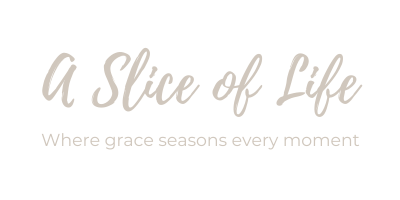Today I am happy to welcome Dawn Espelage to Arms of Adoption to tell us a bit about a tool she uses in her work to help children build a sense of their own identity and self-esteem. In this post Dawn shares with us why a Life Book can be a powerful resource for an adopted child; she will be back to tells us more about how to create a life book in a few weeks. Welcome Dawn!
I am honored to be Linda’s guest for this blog post. Although I am not an adoptive parent or adoptee, adoption has touched me both personally and professionally and is a subject I am passionate about. Every child deserves a safe, nurturing home and every child has a right to their identity. Like bittersweet chocolate, adoption has a velvety texture that’s rich in emotion and joy with the bitter undertones of loss. Adoption has been shrouded in secrecy under the auspices of “closed” for decades, leaving many adoptees to navigate their way through life with questions about identity and self- worth.
One of the reasons I am an avid reader of Arms of Adoption is that individual stories are powerful and moving. They also serve in the healing process. Until such time as U.S. legislation provides for some form of openness in a safe, supportive way, adoptive parents and professionals can use the telling of individual story through Life Books. Variations of this process (and it is about the process more than the product) have been around since the 1970’s although they are not always used consistently or appropriately.
Ideally, a Life Book is a compilation of the child’s past, present and future and is completed with the child, not for the child. Filling in the gaps for a child in an honest, secure way can enhance feelings of self-worth. In essence, a Life Book is a record complete with the adoptee’s feelings, pictures, history (both birth and adoptive),
school information, medical information, talents and interests; it is a reflection of where those traits may have come from, a recognition and acceptance of loss inherent in adoption and a celebration of all the gifts received from both birth and adoptive families. Give your child (or yourself!) the gift of their blended identity.
Dawn Espelage has worked as a social worker in foster care adoption for 13 years. She is an advocate for the 120,000 children in foster care in the United States waiting for a forever family. Dawn facilitates training and support groups for foster/adopt parents and teaches Life Book classes.
Dawn is also a life journey guide for women, utilizing writing prompts and art journals as a way to facilitate telling our stories. She is the author of “Life Lines: Celebrate Your Journey.” Visit Dawn @ http://lifelinesjournaling.com or http://lifelinesjournaling.blogspot.com/



Thank you, Dawn. I appreciate the way that the Life Book honors the past and present for the adopted child without trying to ignore any part of their history. I look forward to learning more about Life Books when you visit again.